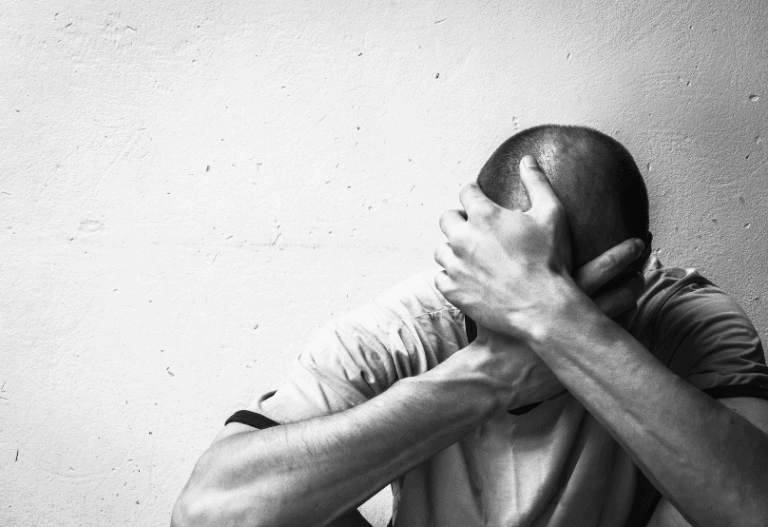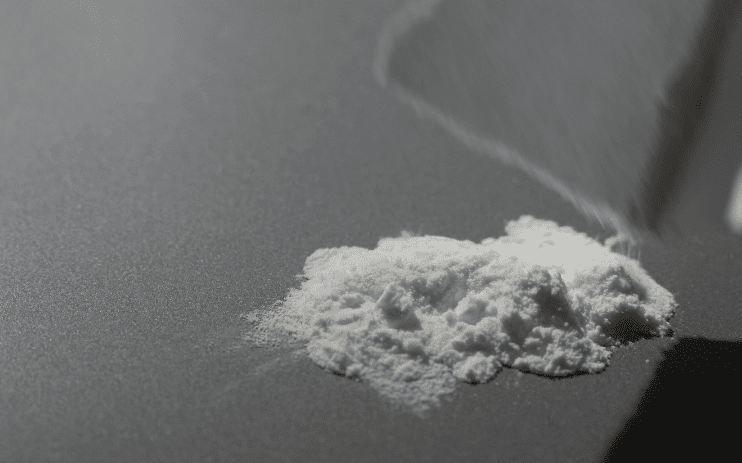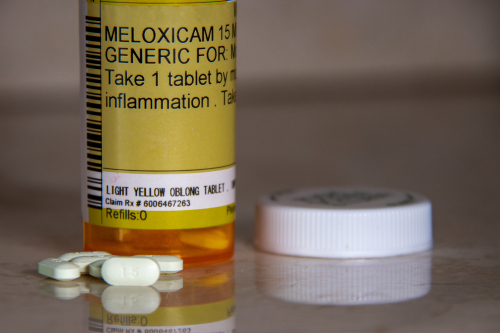Drug Use and Schizophrenia
As with many other mental health disorders, a history of drug abuse and addiction runs rampant among people who suffer from schizophrenia. Because of this, it makes sense that drug abuse could also be linked to this condition. In fact, some research suggests that a history of drug abuse could even trigger an episode of schizophrenia in some individuals. However, there is not enough research in this field to determine with certainty whether drug abuse is indeed a factor in the development of schizophrenia.
That said, it is definitely worth exploring. This article explores the possible link between drug abuse and schizophrenia in more detail, as well as ways to detect and prevent drug abuse in individuals who may be at risk of developing this condition.
What is Schizophrenia?
Schizophrenia is a disorder characterized by disturbances in thinking, feeling, and behavior. It’s characterized by delusions, hallucinations, disorganized thinking, and oftentimes, impaired senses such as smell and taste. People suffering from schizophrenia may have difficulty establishing and maintaining healthy relationships, have difficulty with occupational or academic functioning, and may experience mood disturbances.
It is a chronic, lifelong, neurological illness that affects about one percent of the population. A diagnosis of schizophrenia is based on the presence of two or more symptoms for a period of six months or longer. These symptoms must be present and not be attributable to other medical or mental health conditions. Symptoms that can occur in association with schizophrenia include symptoms of both a manic episode and a depressive episode, termed “mixed states.”
What is Drug Abuse?
Drug abuse is the frequent and excessive use of controlled substances, including prescription drugs, illicit drugs, and over-the-counter medications. In the United States alone, more than 60 million people report having abused a prescription drug at least once in their lifetime, and nearly 15 million do so annually. Drug abuse can be associated with many different health problems and conditions, including: cardiovascular disease, cognitive impairment, depression, hepatitis and other infectious diseases, and other mental health disorders, such as schizophrenia.
There are many different types of drugs, including prescription and illicit substances as well as over-the-counter medications. Some prescription drugs that can be abused include painkillers, sedatives, stimulants, tranquilizers, anti-convulsants, anti-psychotics, and anti-depressants. Many illicit drugs can be abused including marijuana, amphetamines, opioids, cocaine, and alcohol.
Does Drug Abuse Cause Schizophrenia?
While there is evidence to suggest that drug abuse could trigger an episode of schizophrenia in some individuals, this link is not clear-cut. Therefore, it is important to keep in mind that the mere presence of drug abuse does not mean that someone will develop schizophrenia. Furthermore, it is important to keep in mind that schizophrenia is a complex condition with a wide range of causes and risk factors.
Therefore, it is not surprising that researchers have been unable to find a definitive link between drug abuse and schizophrenia. Furthermore, it is important to keep in mind that drug abuse is not the only risk factor for developing schizophrenia. There are many other risk factors that can increase the likelihood of developing the condition, such as: genetic predisposition, childhood adversities such as malnutrition, head trauma, and infections, living in urban areas, gender, and age.
Signs of Schizophrenia in Those Who Abuse Drugs
Drug abuse is a common risk factor for developing mental health conditions including schizophrenia. If you are concerned that your loved one may be abusing drugs, pay attention to the following signs:
- Neglect of daily responsibilities, including hygiene, nutrition, and financial responsibilities
- Disorganized thinking, including problems with speech, planning, and decision making
- Inappropriate laughter or crying
- Indecisiveness
- Disorientation
- Disinhibition, including experiencing paranoid thoughts and/or feeling unusually bold or impulsive
- Social isolation
- Clinging to or refusing to break off relationships with other people that may be harmful to them
- Finding excuses to avoid responsibilities, such as work or school
- Changes in sleeping habits
- Agitation and/or restlessness
- Feelings of being “numb” or “high”
- Anxiousness
- Panic attacks
- Unusual thoughts
- Feelings of worthlessness
- Substance cravings
Ways to Help Those with a History of Schizophrenia Who Abuse Drugs
If you are concerned that your loved one is abusing drugs, there are many ways you can help. This can include:
- Providing regular meals and snacks
- Setting daily goals and responsibilities
- Encouraging an active social life
- Offering practical help with daily chores
- Providing emotional support
- Encouraging your loved one to participate in a medication-assisted therapy program.
Medication-Assisted Treatment
Medication-assisted therapy is a type of psychotherapy that is often used to treat substance use disorders, including schizophrenia. These programs take advantage of the fact that medications such as antipsychotics can reduce the symptoms of schizophrenia, such as hallucinations, by reducing the desire to use drugs.
Medication-assisted therapy programs are often provided by specialized mental health centers. These programs are generally very effective and have been proven to help patients maintain sobriety for longer durations. This is one reason why it is so important to work closely with a treatment provider to determine which treatment approach is most appropriate for your loved one.
Summing up
Drug abuse is a common risk factor for developing mental health conditions including schizophrenia. If you are concerned that your loved one may be abusing drugs, pay attention to the signs of drug abuse listed above. Keep in mind that drug abuse is not the only risk factor for developing schizophrenia.
There are many other risk factors that can increase the likelihood of developing the condition, such as: genetic predisposition, childhood adversities such as malnutrition, head trauma, and infections, living in urban areas, gender, and age.
If you are experiencing drug abuse, the most important thing is to get help. There are many resources available, including treatment programs, counseling services, and support groups. These programs can help by providing guidance and support, while medication-assisted therapy programs are proven to help patients maintain sobriety for longer durations.
Trust Oasis Recovery
Addiction and mental health disorders can affect anyone. If you or a loved one are currently living with one of these issues, help is available! We encourage you to reach out to the professionals at Oasis Recovery to learn more about our personalized treatment programs and mental health services.
Oasis Recovery was founded from firsthand experience of addiction and recovery, with a mission of providing a space where people can heal from addiction in a compassionate, creative, open-minded, and heart-centered environment. We believe recovery is always possible. Our experts work with you to design a treatment plan that fits your needs. Common treatment programs include:
- Intensive Outpatient Programs (IOP)
- Full-time Addiction Treatment on campus
- Aftercare Services
Contact us today for more information about how our programs and services can help you get your life back on track. You no longer have to struggle with this on your own. We are here to help.













